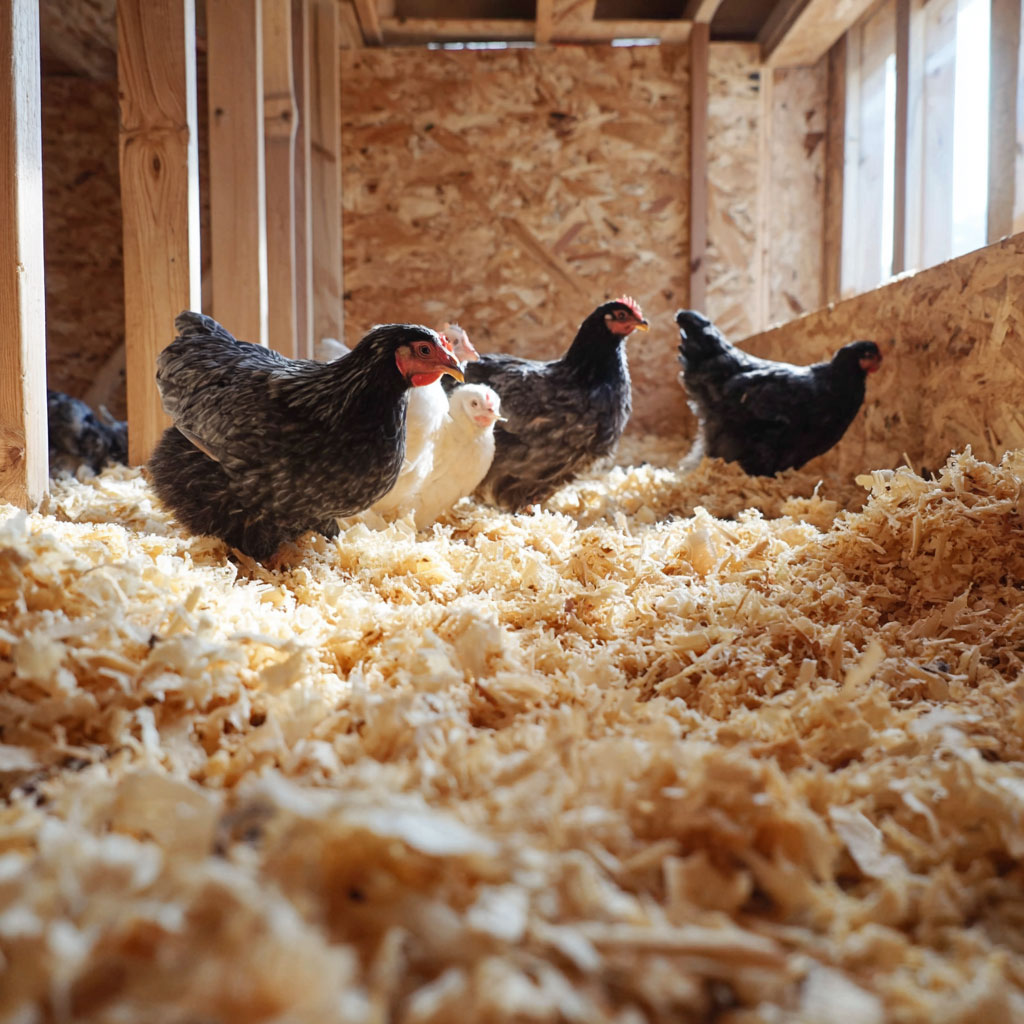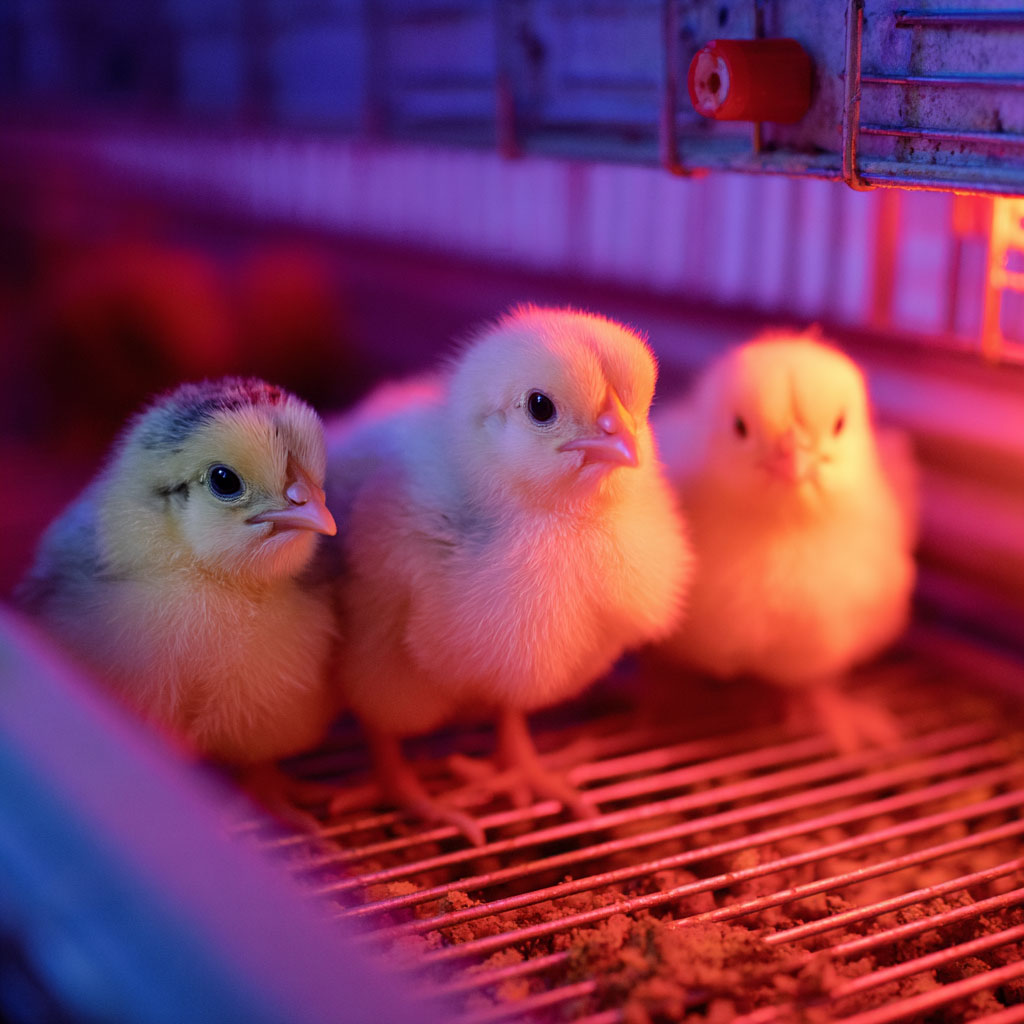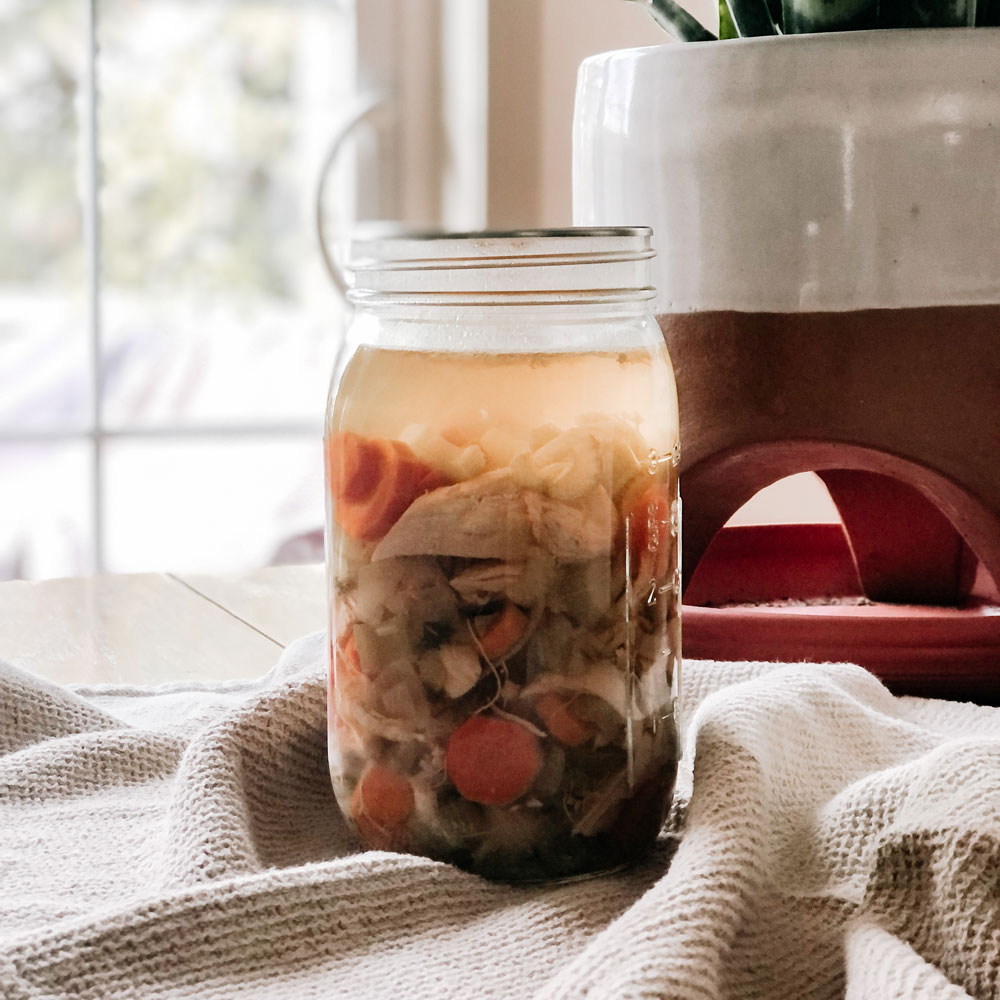garden
Can Chickens Eat Stinging Nettle?
Wild Plant Forage Guide
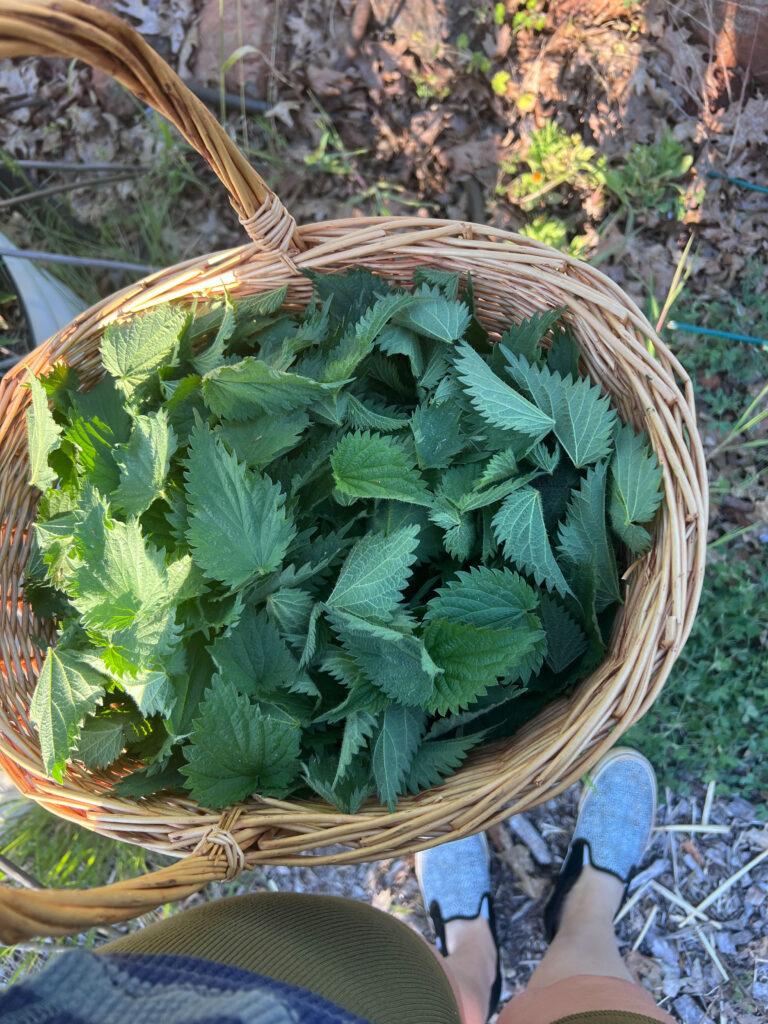
When you’re caring for backyard chickens, one question always comes up — what’s safe for them to eat? If you’ve ever brushed against stinging nettles, you might wonder whether these prickly plants are something your chickens should avoid. The truth might surprise you — stinging nettles are not only safe for chickens when handled properly, but they’re also packed with nutrition that supports healthy eggs and vibrant feathers.
In this guide, we’ll cover whether chickens can eat stinging nettles, how to prepare them safely, and how this wild plant fits into a healthy, foraged diet for your flock.
🌿 Can Chickens Eat Stinging Nettles?
Yes! Chickens can safely eat stinging nettles — once they’ve been wilted or dried. The sting that humans feel when touching fresh nettles comes from tiny hairs that contain formic acid and histamine, which can irritate skin. However, once the nettles are dried, cooked, or left to wilt for a few hours, the sting disappears completely.
Chickens often love the earthy taste and will eagerly peck at them when mixed with other greens. Nettles are high in calcium, iron, magnesium, and vitamin A, making them a fantastic addition to your flock’s diet — especially during molting season when extra nutrients are needed for feather regrowth.
🐔 Nutritional Benefits of Stinging Nettles for Chickens
Just like in human herbal medicine, stinging nettles are a powerhouse plant. Here’s what they can do for your hens:
Boost egg production: Nettles are rich in calcium and vitamin K, both essential for strong eggshells.
Support immune health: With vitamins A and C, nettles strengthen the immune system and help chickens fend off infections naturally.
Enhance feather growth: Iron and magnesium support blood and muscle health, promoting bright combs and shiny plumage.
Natural detox support: Nettles have mild diuretic properties, helping chickens flush toxins and maintain hydration.
Adding wild greens like nettles to your chickens’ forage rotation helps mimic their natural diet, especially for free-range or pastured flocks.
🌾 How to Prepare Stinging Nettles for Chickens
To safely feed stinging nettles to your flock, you’ll want to neutralize their sting first. Here are three easy methods:
1. Wilting
Simply cut fresh nettles and leave them in the sun for 12–24 hours. Once the leaves wilt, the stinging hairs lose their potency.
2. Drying
Hang bunches of nettles upside down in a dry, shaded area for about a week. Once dry and crumbly, you can crush the leaves into your chickens’ feed or scatter them in nesting boxes for an herbal boost.
3. Cooking or Steaming
Briefly blanching nettles in hot water makes them soft and completely safe to eat. Once cooled, chop and mix into your chickens’ kitchen scraps or grain mix.
💡 Tip: Never feed nettles sprayed with herbicides or harvested near roadways. Always pick from clean, chemical-free areas.
🪴 How to Grow or Forage Stinging Nettles for Your Flock
If you already have nettles growing wild on your property, consider yourself lucky! Nettles are a self-sustaining, perennial plant that thrives in rich, moist soil.
Growing: Plant seeds or root divisions in early spring in a partially shaded area. Keep them contained, as nettles can spread quickly.
Foraging: Look for nettles in damp meadows, woodland edges, or near creeks. Use gloves to harvest the top few inches of young plants — these are the most tender and nutrient-dense.
You can easily dry the harvest and store it in airtight jars for year-round use — a great winter supplement when fresh greens are scarce.
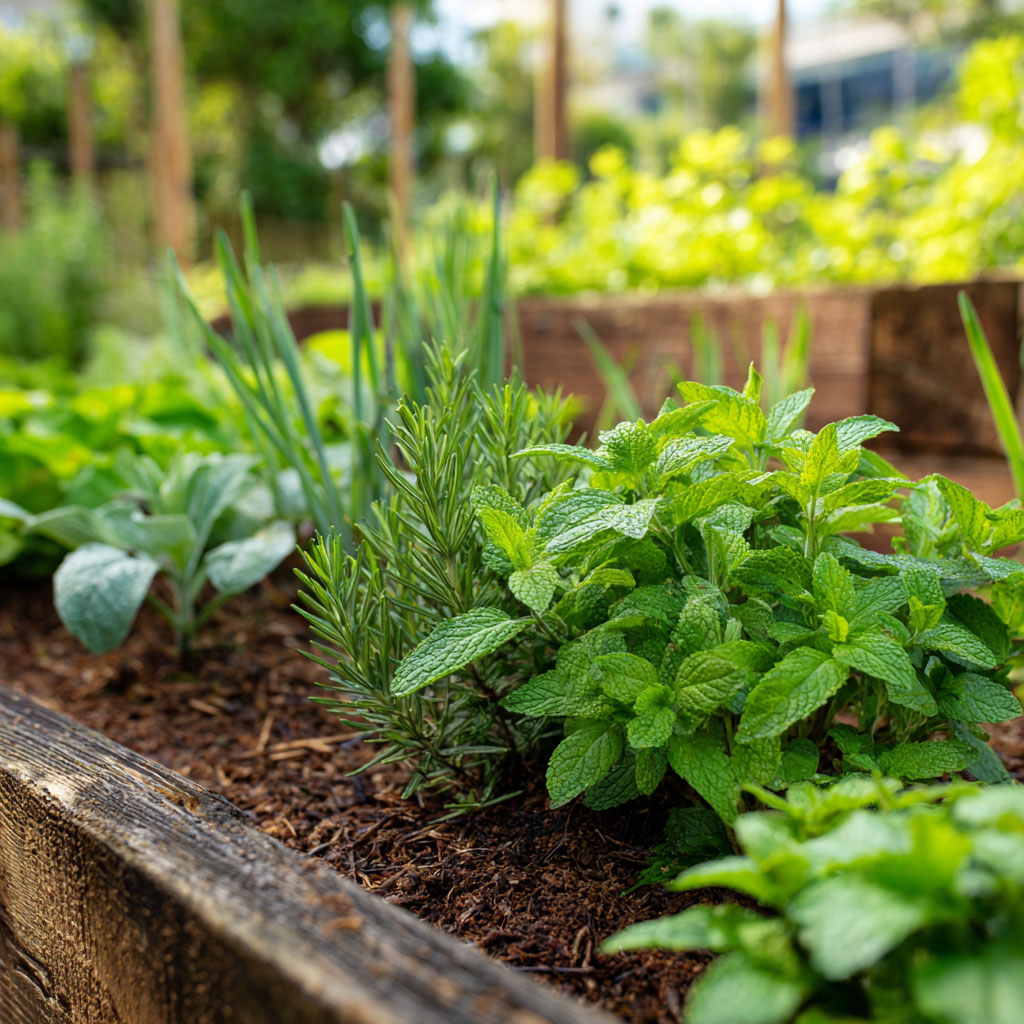
FREE downloadable medicinal meadow herb list
I will email you a free comprehensive list of medicinal herbs organized by healing properties
🌻 Other Wild Plants Chickens Can Safely Eat
If you’re already foraging nettles, you might wonder what other wild plants are chicken-safe. Here are some great options to mix into their foraged greens:
Dandelion greens – High in calcium and easy to find in spring.
Clover – A favorite among free-range hens, rich in protein.
Plantain (Plantago major) – Great for digestion and easy to dry.
Chickweed – Tender and high in vitamins A and C.
Lamb’s quarters – Nutritious but should be fed in moderation.
Avoid toxic plants like foxglove, buttercup, or nightshade — they’re harmful to chickens even in small amounts.
🍳 How Often Can Chickens Eat Nettles?
You can safely offer nettles once or twice a week as part of a balanced diet. Think of them as a supplement or natural treat, not a complete feed replacement.
Mix them with:
Scrambled eggs or kitchen scraps for a nutrient-rich mash
Homemade flock blocks or scratch mixes
Dry crumble feed to boost vitamins naturally
During molting or winter months, increasing nettle intake can help support feather growth and keep hens laying strong eggs despite reduced daylight.
🌼 Creative Ways to Use Nettles Around the Coop
Stinging nettles aren’t just for eating — they’re a useful multi-purpose homestead herb:
Nesting box herb mix: Crush dried nettles and sprinkle in nesting boxes to deter mites and refresh coop scent.
Homemade chicken tea: Steep dried nettles in hot water, let cool, and pour into a waterer for a mineral-rich drink.
Compost booster: Add leftover nettles to compost for a natural nitrogen boost that benefits your garden too!
Every part of the plant can be put to use — from feed to fertilizer — making it a true forager’s friend.
🏡 Final Thoughts: A Wild Superfood for Your Flock
So, can chickens eat stinging nettles? Absolutely — and they should! Once dried or wilted, stinging nettles are a safe, nutrient-rich addition to your chickens’ diet that supports egg production, feather growth, and immune health.
This humble wild weed is one of the best foraged greens you can add to your coop routine — another great reason to embrace a natural, homestead-style way of feeding your flock.
If you’ve been pulling nettles from your garden, consider saving them next time — your chickens (and compost pile) will thank you!

